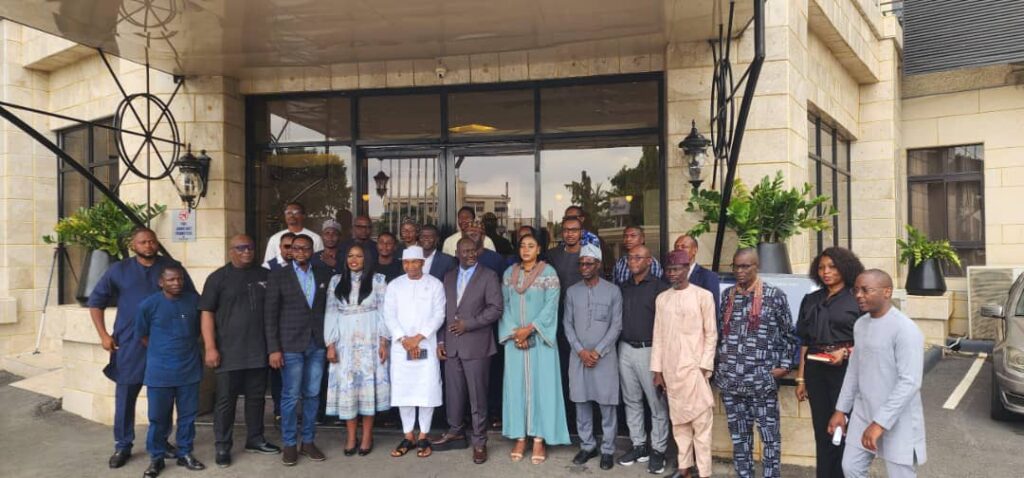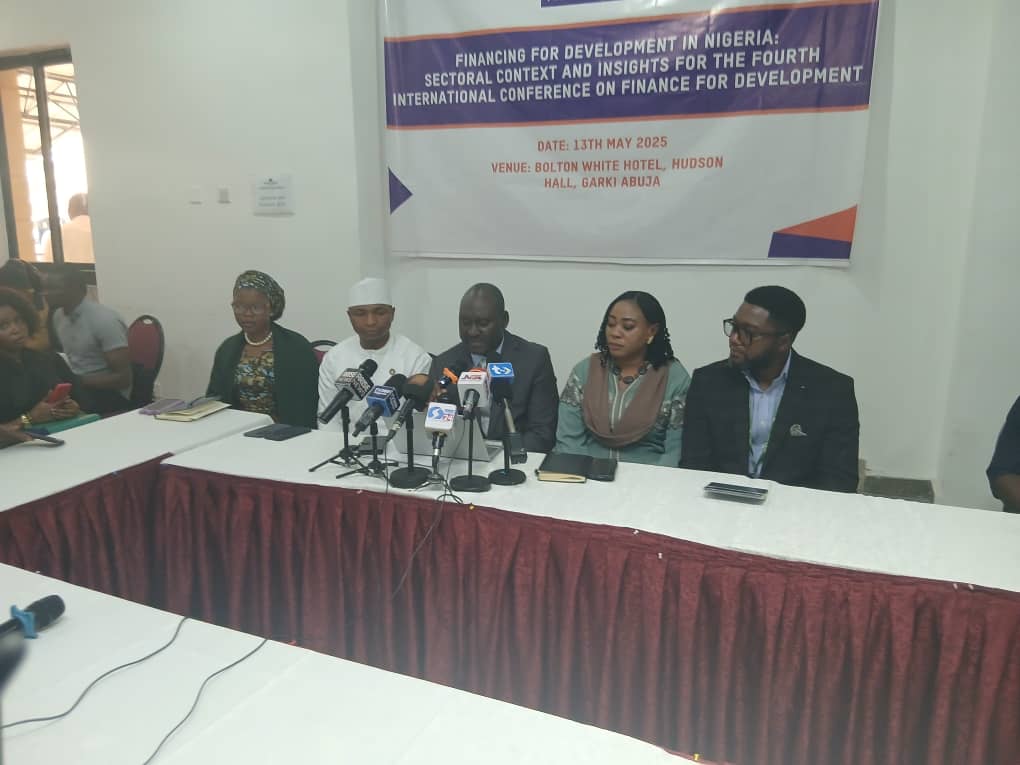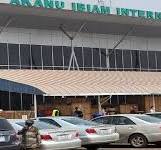Nigerian civil society organizations have called for transformative global reforms and urgent domestic action to address the persistent financing challenges facing the Global South.
They made the call in a new report titled “Financing for Development in Nigeria: Sectoral Context and Insights for the Fourth International Conference”
The release precedes the 4th International Conference on Financing for Development (FfD4), in June 2025, in Seville, Spain.
The Civil Society Legislative Advocacy Centre, (CISLAC ) developed the advocacy position paper in partnership with Oxfam in Nigeria and Christian Aid, International Budget Partnership, Tax Justice & Governance Platform, Connected Development, and other key partners, under the Africa Agenda on Financing for Development (Agenda Afrique).
The report warns that Nigeria faces a multidimensional financing gap, driven by underperforming domestic resource mobilization.
Other drivers of financing gap are: inequitable global financial rules, and increasing vulnerability to climate change.”
It regrets that critical sectors such as education, health, agriculture, and climate resilience remain chronically underfunded.
The document notes that education spending falls below UNESCO benchmarks, while health expenditure remains under 4% of GDP.
It further reveals that the country loses over $18 billion annually to illicit financial flows, while Nigeria’s debt service-to-revenue ratio has now exceeded 70 percent, leaving little room for investment in people.”
Many frameworks, lean resource mobilization
The report regrets that amidst many international frameworks such as the African Union’s Agenda 2063, ECOWAS Vision 2050, and the United Nations Sustainable Development Goals (SDGs), resource mobilization remains the real struggle.

“The issue is not a lack of frameworks, but rather a lack of effective implementation due to several core problems.
It identifies corruption, poor budget implementation, outdated development data, and weak public financial management systems as recurring challenges.
The report laments that most Nigerian states lack measurable development blueprints, making it difficult to track progress or attract meaningful investments.
It warns that without decisive and deliberate efforts to bridge these financing gaps, Nigeria will continue to fall behind.
Nigeria is also using the platform of the upcoming FfD4 to call for major reforms in the international financial architecture.
It urges the international community to prioritize loss and damage financing, equitable access to green investments, and reform of Special Drawing Rights (SDRs) to better support middle-income countries carrying high poverty burdens,” the report adds.
The report equally outlines a range of policy proposals to enhance Nigeria’s financial capacity.
These include adopting digital tax systems for fair taxation, simplifying trade processes to drive industrialization, as well as launching anti-corruption and asset recovery campaigns.
It also calls for the establishment of development finance facilities to de-risk private investment in infrastructure and social services.
The document regrets the worsening brain drain crisis in the country.
“The continued migration of Nigeria’s skilled workforce, especially young professionals, is directly linked to the lack of inclusive economic opportunities at home.
“If we fail to invest in youth-centred policies and job creation, our best minds will continue to seek prosperity elsewhere.”
As the world gears up for FfD4, the report describes the moment as pivotal.
“The upcoming FfD4 conference presents a critical opportunity to reshape global financing and unlock the investments required for a just and resilient future,” the document submits.





